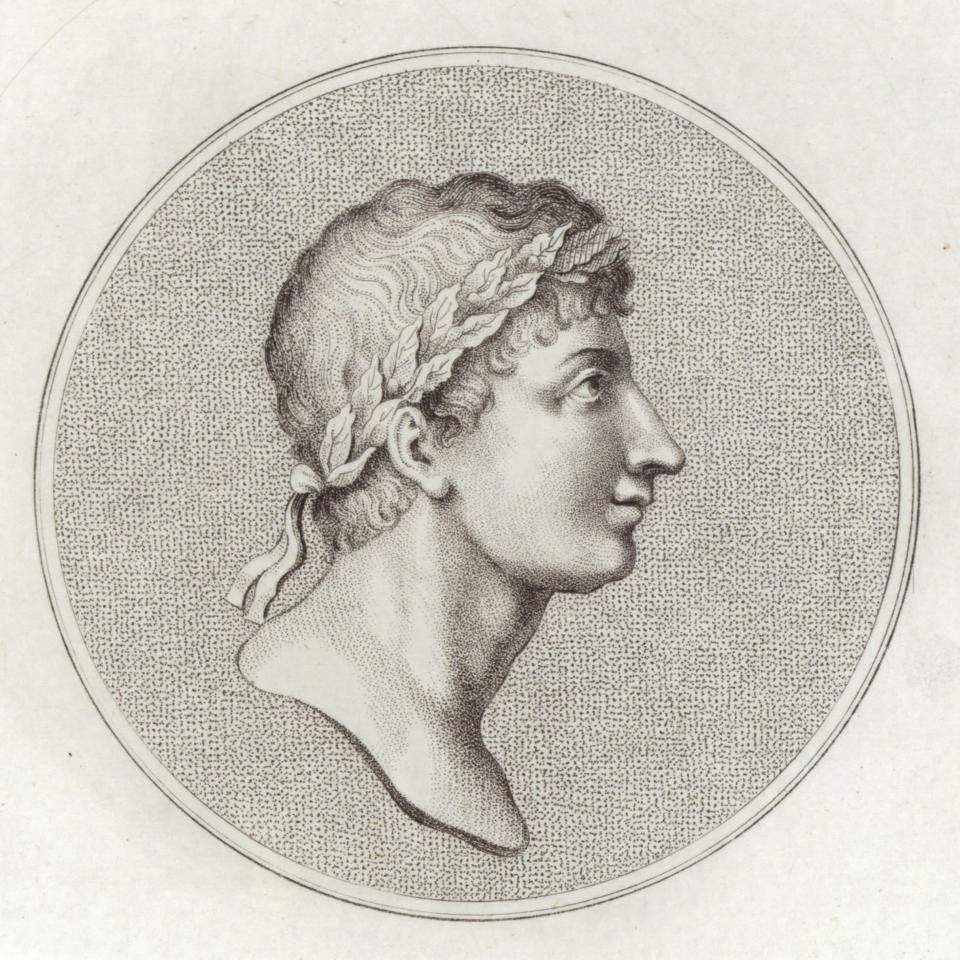Misogynists turn to the classics to celebrate the patriarchy

The literature of Ancient Greece and Rome would seem to be unlikely territory for the latest battle in the culture wars.
But a US academic has warned that modern day misogynists and alt-right activists are looking to some of the most lauded classical texts as inspiration for their disturbing ideal of a patriarchy where women are kept firmly in check.
And while their source material may be thousands of years old, Donna Zuckerberg points out they are using 21st century social media to peddle age old notions of women as dominating, controlling and manipulative.
Ms Zuckerberg, whose brother Mark founded Facebook, one of the biggest social media platforms of all, says online misogynists and ‘incels’ (involuntarily celibate men) feel vindicated by writers such as Ovid, the Roman poet, and the satirist Juvenal.
One of her central claims is that the new breed of men’s rights activists celebrate the dominance of men in classical works as a model for a society where rape was not recognised and women had no rights independent of their male relatives.
Paradoxically, the misogynists at the same time claim that the works of Ovid and others validate the notion that men in ancient societies suffered as much as they do at the hands of domineering women.
“These people have a strong sense of when the patriarchy ruled,” says Ms Zuckerberg. “To them Ancient Rome and Greece is a time when the patriarchy was in place and that’s very appealing for them.
“And while they say that patriarchy is a myth foisted on us by modern feminists, they also clearly want it to exist.”

Ms Zuckerberg, who earned her Ph.D. in classics at Princeton University and is speaking at Shakespeare’s Globe in London next week as part of a festival on ‘Women and Power’, cites one online author who pointed to an angry diatribe by Juvenal urging men not to marry.
“The writer was basically saying ‘look, even when there really was a patriarchy in place women were still in control’,” she says. “For writers at the time to present women as exhibiting controlling and manipulative behaviour justifies them saying ‘women are still like that now. Nothing has changed’.”
The academic examines how today's alt-right is turning to ancient sources to promote a vision of masculine life which rejects women’s rights in her book Not All Dead White Men: Classics and Misogyny in the Digital Age.
She says social media provides the perfect platform to spread the notion that it is men not women that are oppressed and need to reassert their will.
“These people are good at cherry picking and taking texts out of context and the way things are shared on the internet lends itself to decontextualisation,” says Ms Zuckerberg, who has accused social media of facilitating the spread of conspiracy theories, lies and misinformation.
She will not answer questions about Facebook, but welcomes the fact that some social media firms appear to have finally begun to tackle to problem, while urging others to do more.
“Social media in itself has no conscience,” she says. “People do and some of the people who run social media are doing a better job than others.”
But Ms Zuckerberg urges readers not to abandon the classics to the ant-feminists, but instead reclaim them for all they can teach us about humanity.
“These texts absolutely have something to say to us to this day. We should be reading Ovid and we should not be trashing the classical canon. These are fascinating texts to read because they have so much to say about the interplay between sex, power, money and literature," she says.

 Yahoo Finance
Yahoo Finance 